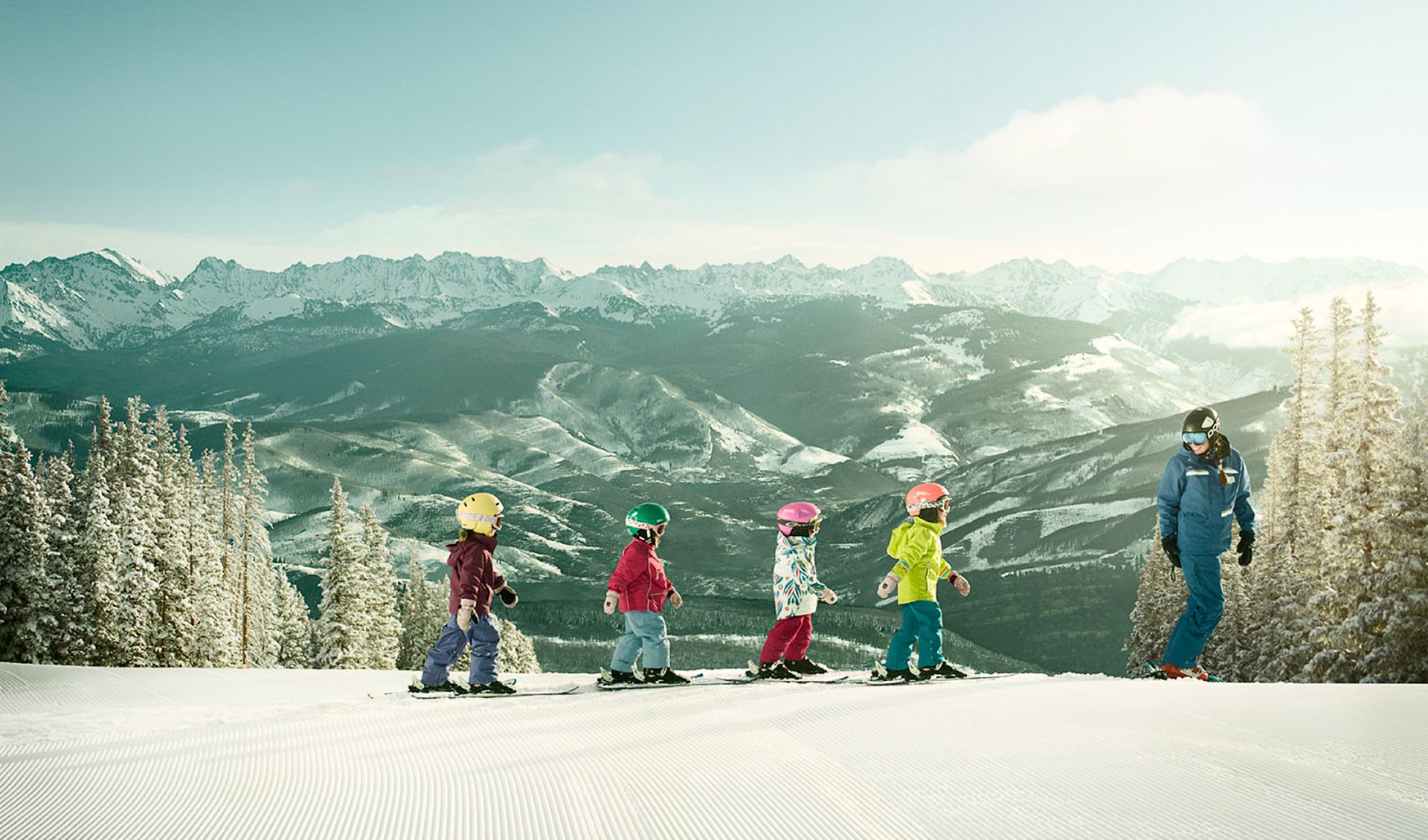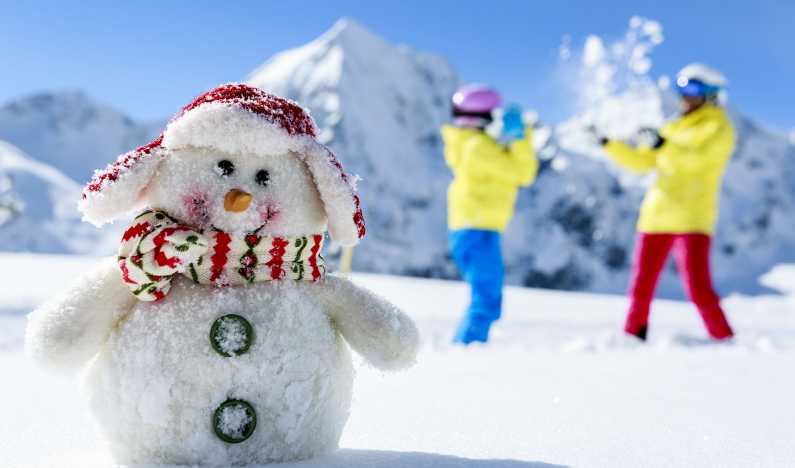With the skiing season fast approaching, many parents are planning to take their children on holiday and teach them how to ski.
To get a little insight into the intricacies of teaching, we spoke to ski instructor Dmitri Ashkenazy, a professional in his field and simply a wonderful person, who has been teaching children and adults in popular Austrian resorts for many years.
.jpg)
- Working with children is a very difficult process. What are the basic qualities and skills that a trainer who teaches children should have?
D.: – First and foremost, as in all professions, you have to love your job. Of course, you must be able to communicate with children (we are talking about finding a "key" to each child in the shortest possible time, getting them interested, gaining their trust). Of course, professional experience is also important.
– Do you remember your first little students?
D.: –Of course! There was a very nice little girl with a very problem mum who was afraid to skate on her own and kept getting in the way of lessons :)
– Teaching children and adults to ski — is there a difference between the two?
D.: – The difference is huge. Children rarely need explanations, they understand intuitively, they listen to the coach and do not try to blame their own failures on external circumstances.
– Who is easier to put on skis: a child or an adult?
D.: – There is no difference, everyone can learn to ski. Some people can do it faster, others need more time.
– When sending young children to school, parents are often afraid that their children will cry and beg for mum and dad. Do you often have such cases and how do you solve these problems? And what should parents do — is it better for them to be near the school and watch the lessons? Or is their presence still undesirable?
D.: – It is difficult to give a definitive answer. It depends on the child and their relationship with their parents. Young children are initially more comfortable when their parents are present. However, once the trainer has built up a rapport with the children and the parents are convinced that the child can be trusted by the trainer, the presence of mum and dad is not necessary.
– What is the best age for a child to start? And is it better to start with group lessons or individual lessons?
D.: – I only train individually. Even if you train two people in a group, you take turns with one and then the other. Imagine what happens in groups of 6-10. It's true that children need interesting, playful and competitive training. Therefore, the ideal composition is 2-3 people (brothers, sisters, friends). As for age, you can start as early as 3 years old, but do not expect quick results. Coordination in children is established at the age of 6-8 years, then they learn quickly.
– What is the minimum length of time I need to hire a trainer for my child for the first time?
D.: – This depends on the age of the child. If you are not too sure whether your child can cope with a one-week course, arrange a trial lesson with the possibility of extending the lessons.
– Tell us about the equipment. What items and clothing should parents take care of before arriving at the resort and what can they get from the rental shop?
D.: – You can hire skis, poles, boots and a helmet. Everything else you need to bring with you. Underwear, socks, gloves (mittens are best for children), fleece, a ski suit, sunglasses and sunscreen are a must. In recent years, new synthetic materials have appeared. Lightweight, breathable, warm and water-resistant, these materials make sports very comfortable.
– How long after starting school can my child go skiing with me and on which slopes?
D.: – Depends on the ability of the students. Also, parents are not always comfortable riding with children. They want to ride in adult company, sit quietly in a café and take a break from the kids, leaving them in experienced hands :)
– If we are talking about ski resorts, how important is it to have an instructor who speaks your language (both for individual and group lessons)?
D.: – I believe that individual lessons should always be given by someone who speaks the student's native language well, if the student does not speak the teacher's language. Group lessons are usually given in the language of the country you are in as well as English. Any skier who has passed the instructor exams is obliged to communicate in English. I would like to point out that many "pseudo-instructors" have recently appeared in Alpine ski resorts, actively promoting themselves on the internet, social media and even through travel agents. I advise parents not to be shy and to ask for a local instructor's licence and certificate from the instructors offering their services.
– What parameters would you consider when choosing a ski resort for a family holiday? What should you look for first?
D.: – I think that when it comes to choosing a ski resort, parents will choose "what suits them". The price range, the convenient location, the availability of easy slopes for those who are not too advanced, or on the contrary, the availability of "black slopes" for those who are already confident on skis, the company and, of course, the reviews of those who have already been there. Each resort has its advantages and disadvantages. It is worth noting that almost all resorts in Austria have children's ski schools, making this country very suitable for winter holidays with children.
– Finally, for parents who would like to use your services for themselves or their children, in which resorts in Austria do you run courses?
D.: – My "base" is in Kitzbühel, Austria, so I can offer lessons to all holidaymakers in the area (Kitzbühel, Kirchberg, Aurach, Jochberg and other nearby holiday villages). Practically next door to Kitzbühel is another large ski area, Ski Welt, which includes villages such as Brixen, Zell, Ellmau, Hopfgarten, Westendorf. If there is interest in my services, I can also give ski lessons in any other alpine resort. However, in this case I would ask you to contact me well in advance of the season so that I can plan my time correctly.
– Dimitri, thank you very much for the interview. We wish you only the most obedient and talented students!
D.: – Thank you also for the helpful and necessary questions.






